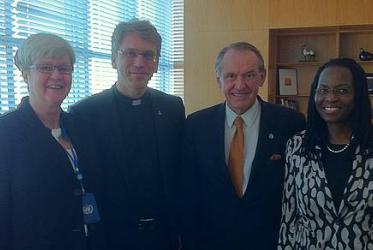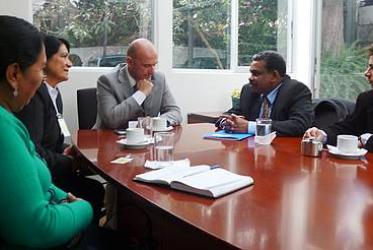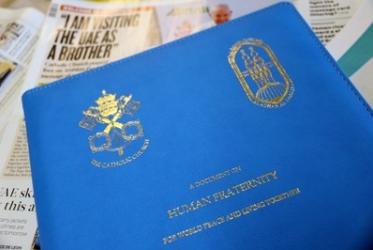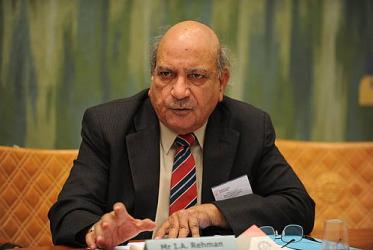Displaying 1561 - 1580 of 1815
14 February 2013
Political solution is the only way to end Syria conflict
01 February 2013
Justice is the key to peace in Colombia
31 January 2013
Guatemala struggles for democratic reforms, transitional justice
12 December 2012
WCC delivers climate change statement at COP 18
07 December 2012
Security mechanism in Latin America should be strengthened
06 December 2012
Churches valuable for peace and security in Latin America
05 December 2012
WCC sees positive step in Palestine upgrade at the UN
30 November 2012
Faith groups fight proliferation of small arms in Africa
23 November 2012
WCC calls churches to pray for children
07 November 2012
PEAC to play a strong role in Colombian peace process
02 November 2012
WCC experience can be of value to UN system
23 October 2012
Praying for justice and peace in Azzun
22 October 2012
Sorrow over the death of Patriarch Torkom II
16 October 2012











